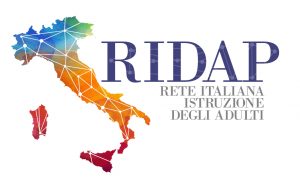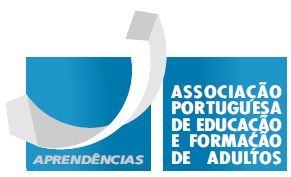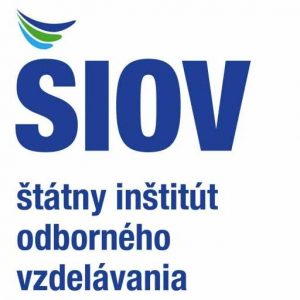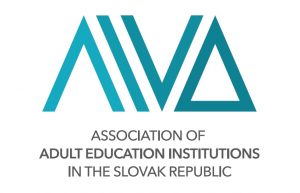Women: rights, gender equality and non-violence
Teaching / learning of basic and transversal skills
Brief description of the main purposes and contents
The project involved moments of reflection and discussion on the issues of gender equality through interdisciplinary educational paths in collaboration with the Employment Center, the Profamilia Association and Aliseo (Ligurian agency for students and guidance).
This project was part of a broader reflection, above all aimed at making the weakest people aware of their rights, which our institute has been carrying out for years.
In this direction last school year a mourning course was created to meet those people, for the most part women and mothers, who otherwise would have always remained on the margins of society, to instead favor their inclusion and integration into the community.
During this positive experience the idea was born to develop a broader path, which included not only the students of this class, but all the students of the institute, to discuss the issue not only of gender violence, but more in general about gender equality, a topic that we believe can and should become one of the focal points of the work in the CPIAs.
Reasons why the project / program is considered a “good practice”
After a first year of experimentation, 90% of the students of the most involved class, the morning course, completed their studies, arriving with excellent results at the middle school certificate.
In general there was a greater awareness among the trainees of the active role that women can have within society.
Many of them have begun to work or actively seek work, also considering the opportunity to continue their studies.
The project also made it possible to increase the skills of the school staff as regards inclusion practices.
Managing authority / organisation
CPIA PROVINCIA DI IMPERIA
Main target group
Disadvantaged adults lacking of education and/or skills.
Source of funding
Public funds (national, regional …).
Stakeholders involved
A fruitful collaboration has been established with the Employment Center, with the regional body ALISEO (Ligurian agency for students and guidance) and with the Profamilia association. In particular, moments of in-depth analysis entrusted to experts and dedicated to orientation were identified in synergy with the two institutions in which the students involved in the project took part.
Contribution of the practice in improving / promoting the social inclusion of the beneficiaries
The project allowed the attending students involved to discover and enhance the active role that women can have within society. So we worked from a psychological / identity point of view but at the same time we tried to provide them with tools for social inclusion. In this direction, computer literacy laboratories have been developed aimed at allowing students to develop computer skills useful for being able to write a CV in European format, knowing how to access the services of the Employment Center but also being able to follow their children in the use of the electronic register.
Elements of the project / program that could be easily transferred to other contexts
The focus of the intervention was aimed at the person, their resources and potential to be supported rather than the conditions of disadvantage “to be treated”, thereby highlighting that only a promotional and participatory intervention can ensure systemic solutions.
Other potential target groups to which the project / program could be extended
All subjects living in a situation of social exclusion.
Practical evaluation carried out
Yes.
Results and measures taken following evaluation
The evaluation involved all those responsible for the intervention and the recipients of the intervention themselves. It was conducted according to intermediate and final time scans, trying to understand the entire time frame of the project. The evaluation also provided for a clear explanation of the fundamental objectives, a comparison between before and after the intervention as regards the participants, the congruence between objectives and evaluation tools (finalized interviews, questionnaires, participatory observations, analysis of documents ). It described the effects of the project on people and is therefore legible and identifiable in the changes and transformations.
Participation data
The project concerned the middle school students of the whole institute and developed over the course of a school year. 90% of those attending are students with a migratory background.
Description of the methods of implementation and any recommendations
We propose the implementation and continuation of the projects activated in the field of active and responsible citizenship, the activation of computer literacy paths already from the literacy level in order to promote the learning of skills useful for social inclusion, the drafting of three-year agreements with the training agencies that collaborated in the project and the establishment of thematic working groups aimed at an ever greater involvement of stakeholders for the promotion of individual educational policies.
Project / program website or other online reference resources
A website or the publication of online resources has not been planned for the moment.







